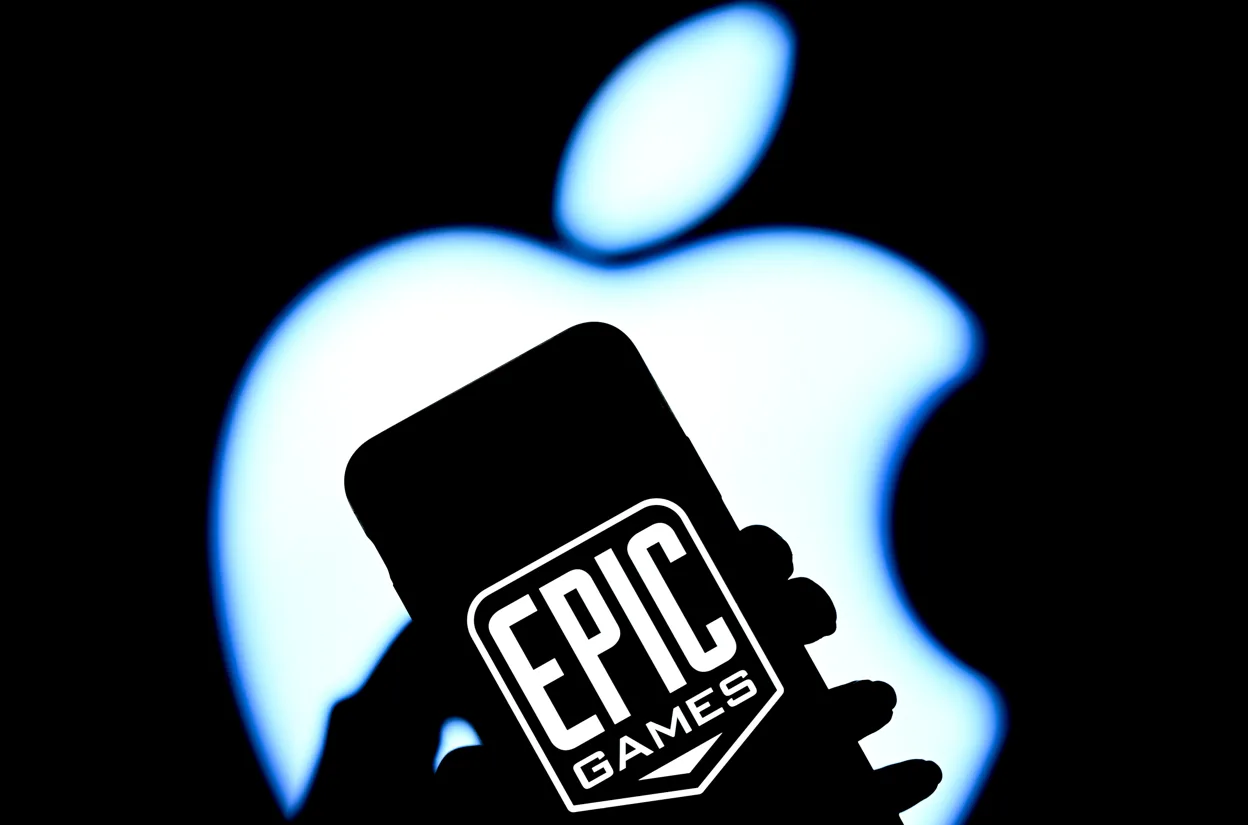Apple has officially lifted the ban on Epic Games, marking the end of a contentious period and paving the way for Fortnite to make its return to iOS devices in Europe. This decision, deeply influenced by the upcoming Digital Markets Act in the European Union, signifies a pivotal moment for both tech giants and their users.
Key Highlights:
- Fortnite is set to return to iOS in Europe following Apple’s unbanning of Epic Games.
- The return is facilitated by the upcoming Digital Markets Act, requiring significant changes in how big tech operates.
- Apple’s new rules include a €0.50 fee per user per year for apps installed outside of the App Store, among other regulatory compliances.
The Return of Fortnite to iOS
Since Apple initiated beta testing of iOS 17.4 with changes for European users, anticipation has been building around Fortnite’s return. Epic Games’ 2023 Year in Review revealed the reinstatement of its Apple Developer Account, setting the stage for Fortnite’s comeback via the Epic Games Store on iOS, slated for 2024. This move is a direct result of the Digital Markets Act legislation, which mandates that companies like Apple must open their systems to third-party app stores, payment systems, and default web browsers.
Compliance and Challenges Ahead
Despite the unbanning, Epic Games and other developers face new challenges, such as compliance with Apple’s notarization for iOS apps, app installation sheets, and additional malware protections. These requirements aim to ensure platform integrity and user safety but come with their hurdles, including a “core technology fee” imposed by Apple on apps distributed outside the App Store. For large players like Fortnite, this fee is €0.50 for each first annual install per year, surpassing a 1 million threshold.
Developer Compliance and Operational Challenges
The new regulatory environment presents developers with both opportunities and challenges. For Epic Games, re-entering the iOS market in Europe means navigating Apple’s requirements for notarization, app installation sheets, developer authorization, and malware protections. These measures, while designed to ensure user safety and platform integrity, also impose additional burdens on developers, potentially affecting their operational efficiency and cost structure.
The reinstatement of Epic Games’ developer account by Apple marks a significant turn in the long-standing dispute between the two companies. It opens new opportunities for Epic Games to offer Fortnite and other services directly to iOS users in Europe. However, this development also introduces a set of challenges and costs associated with complying with Apple’s new policies and the broader implications of the Digital Markets Act. As the landscape of digital marketplaces continues to evolve, all eyes will be on how these changes affect developers, companies, and consumers alike.
Epic Games’ determined push to re-enter the iOS ecosystem, despite the potential hurdles and costs imposed by Apple’s policies, highlights the ongoing struggle for a more open and competitive digital marketplace. The tech community and consumers alike are keenly watching how this development will influence the broader app ecosystem, competition, and user choice in the EU and potentially beyond.



















